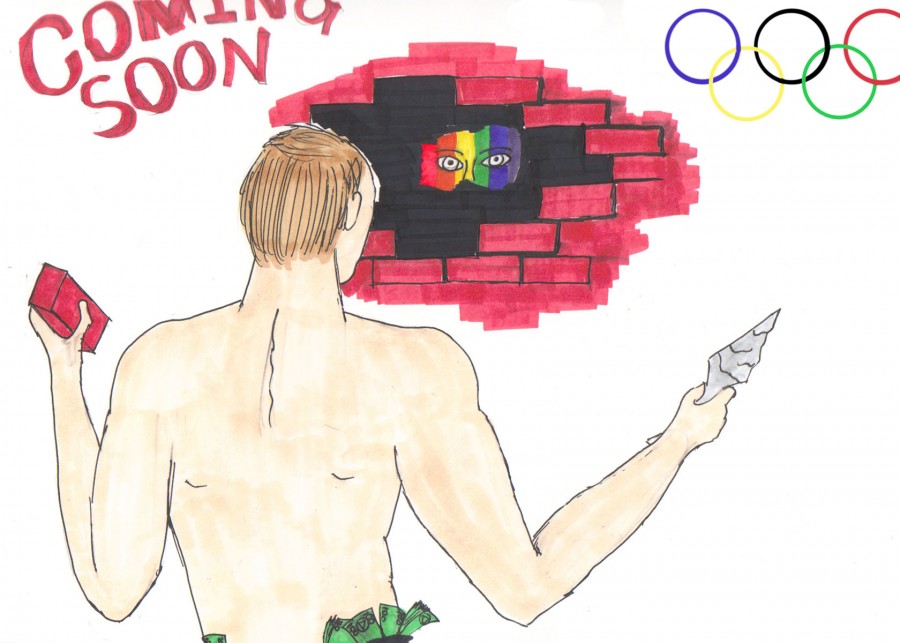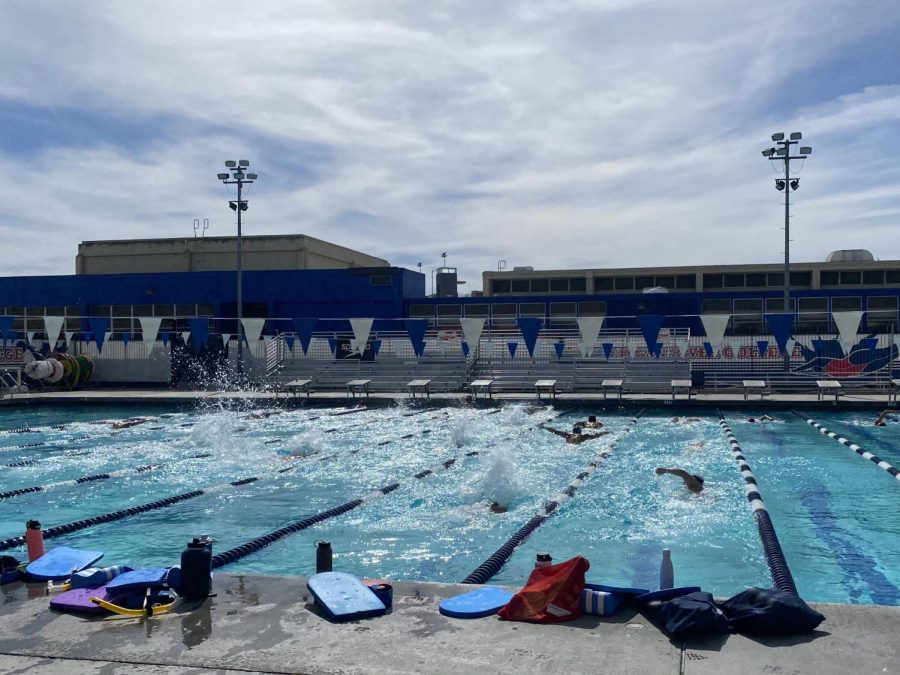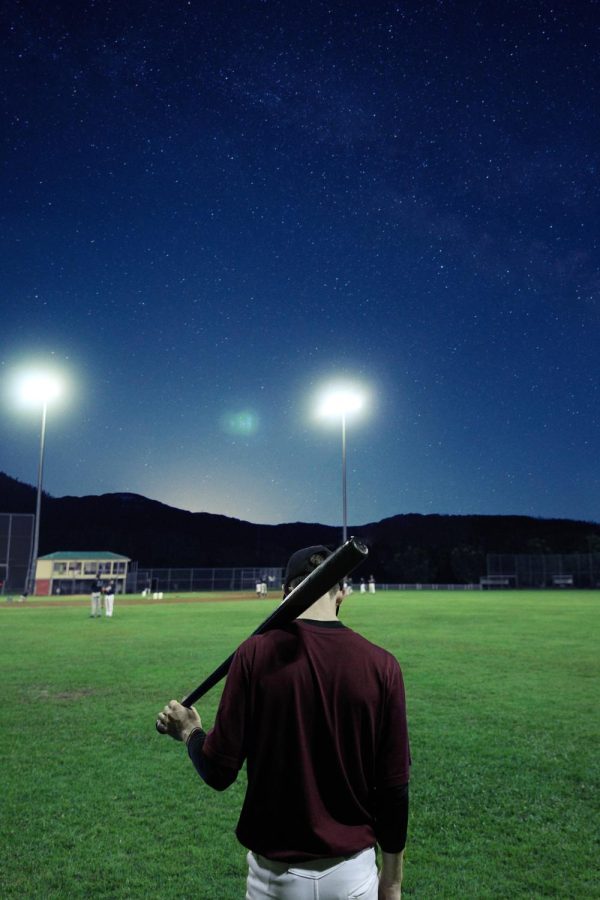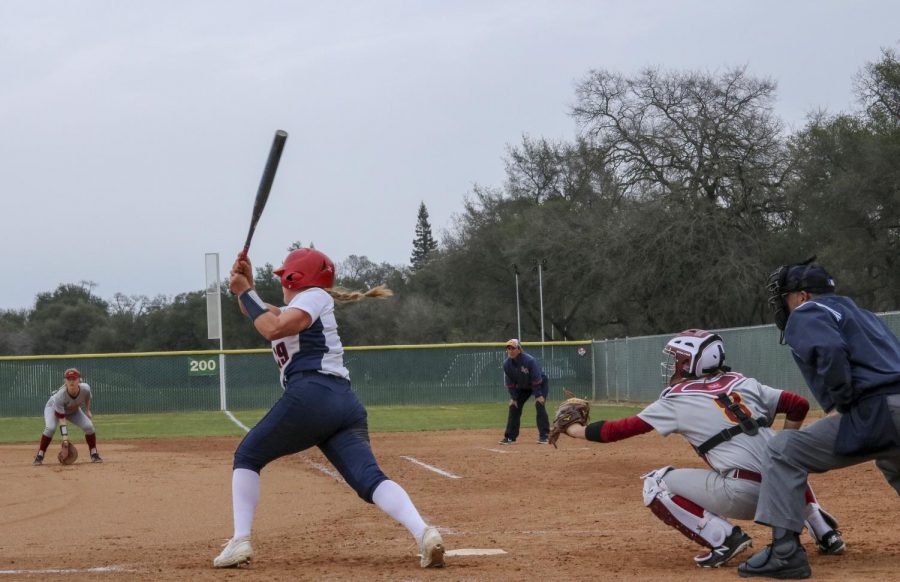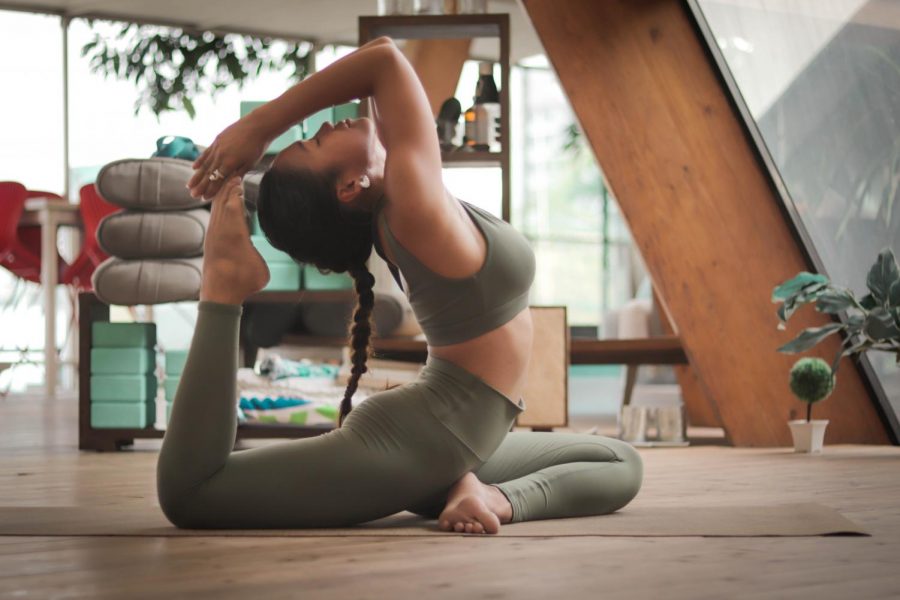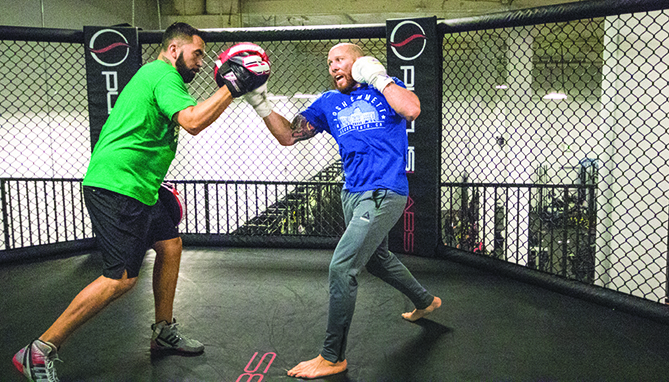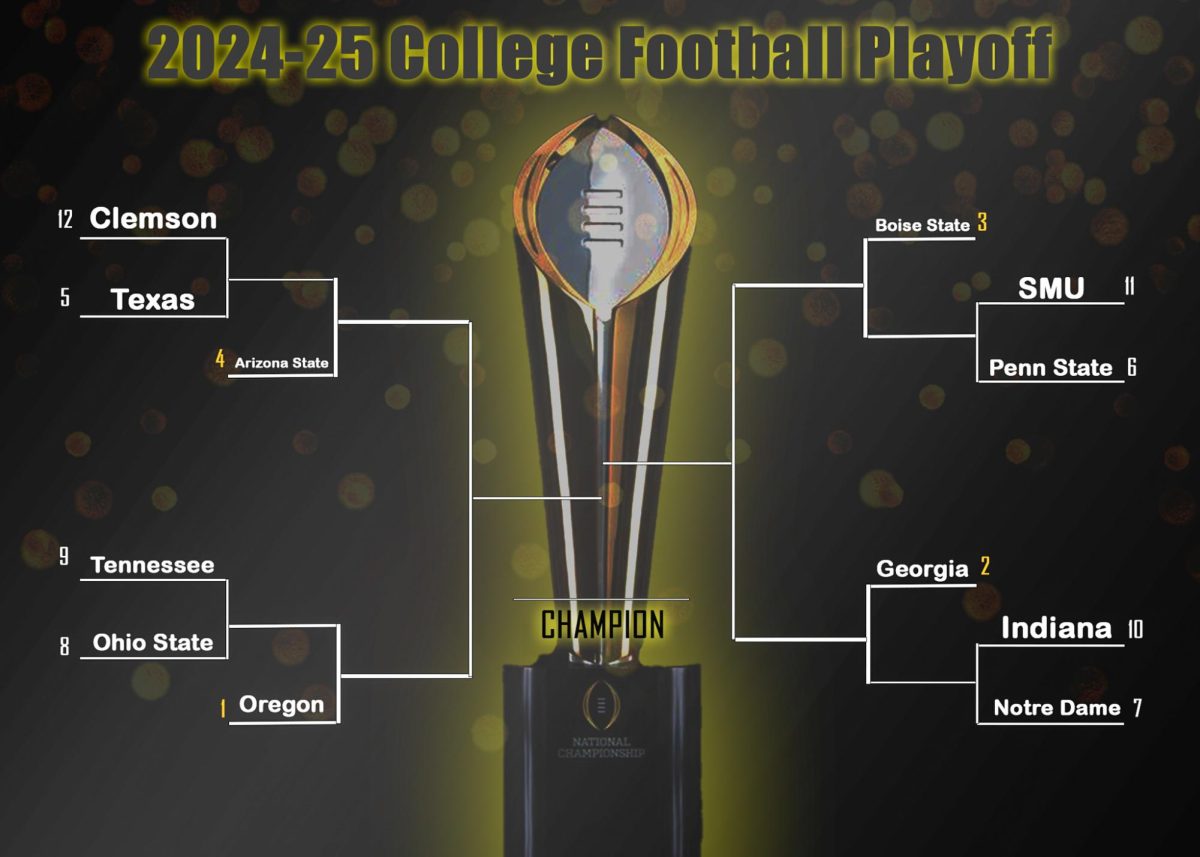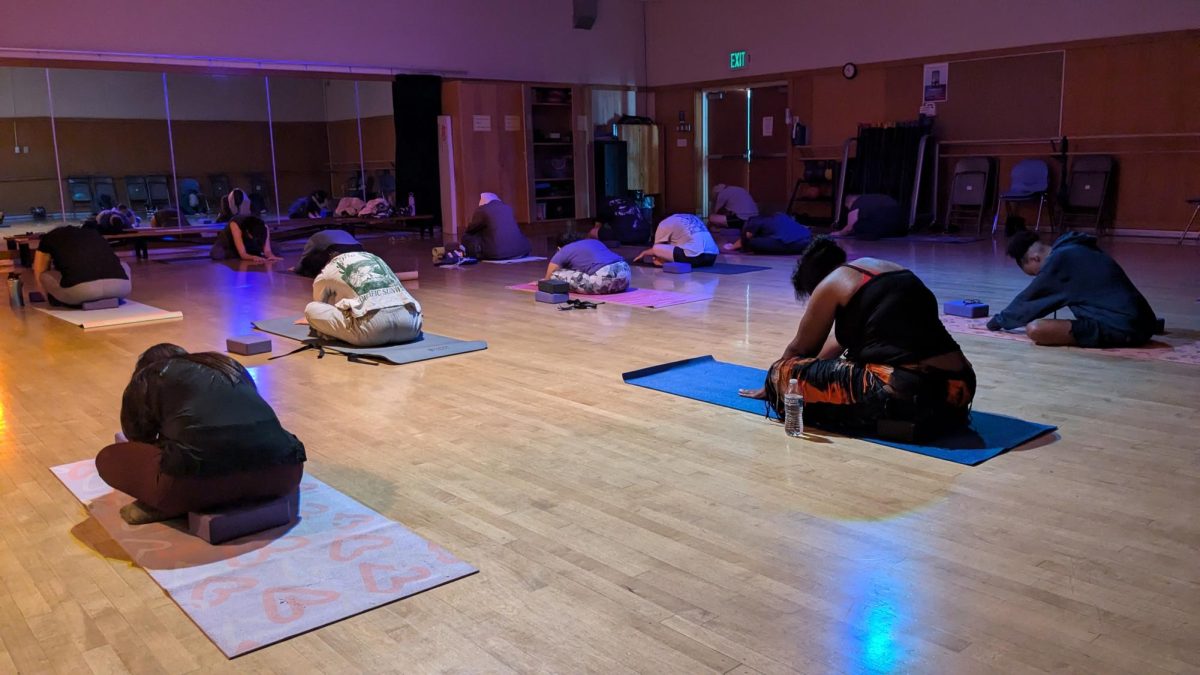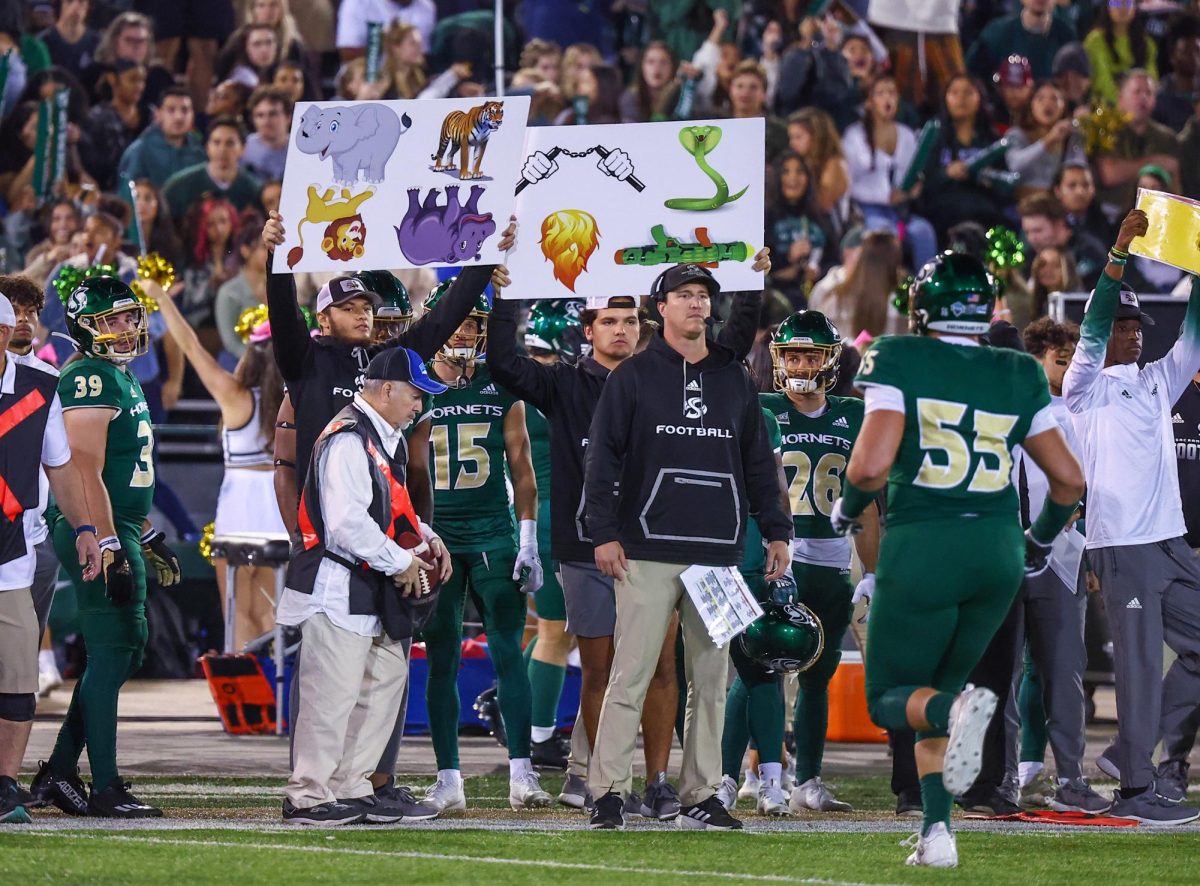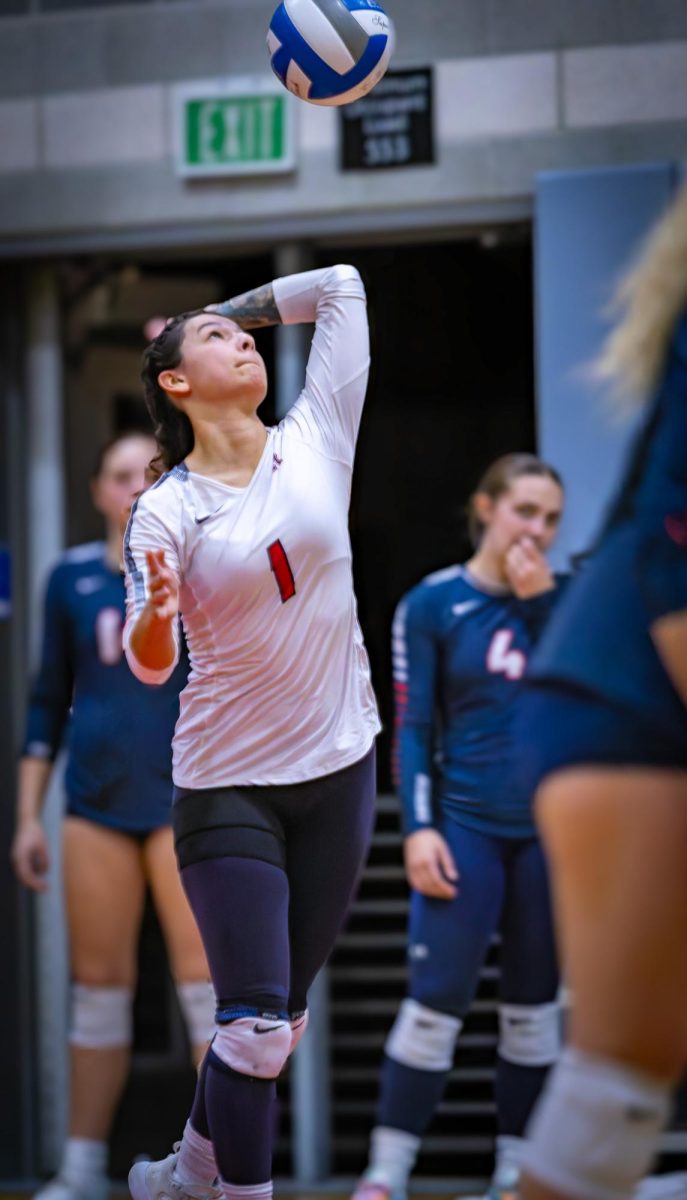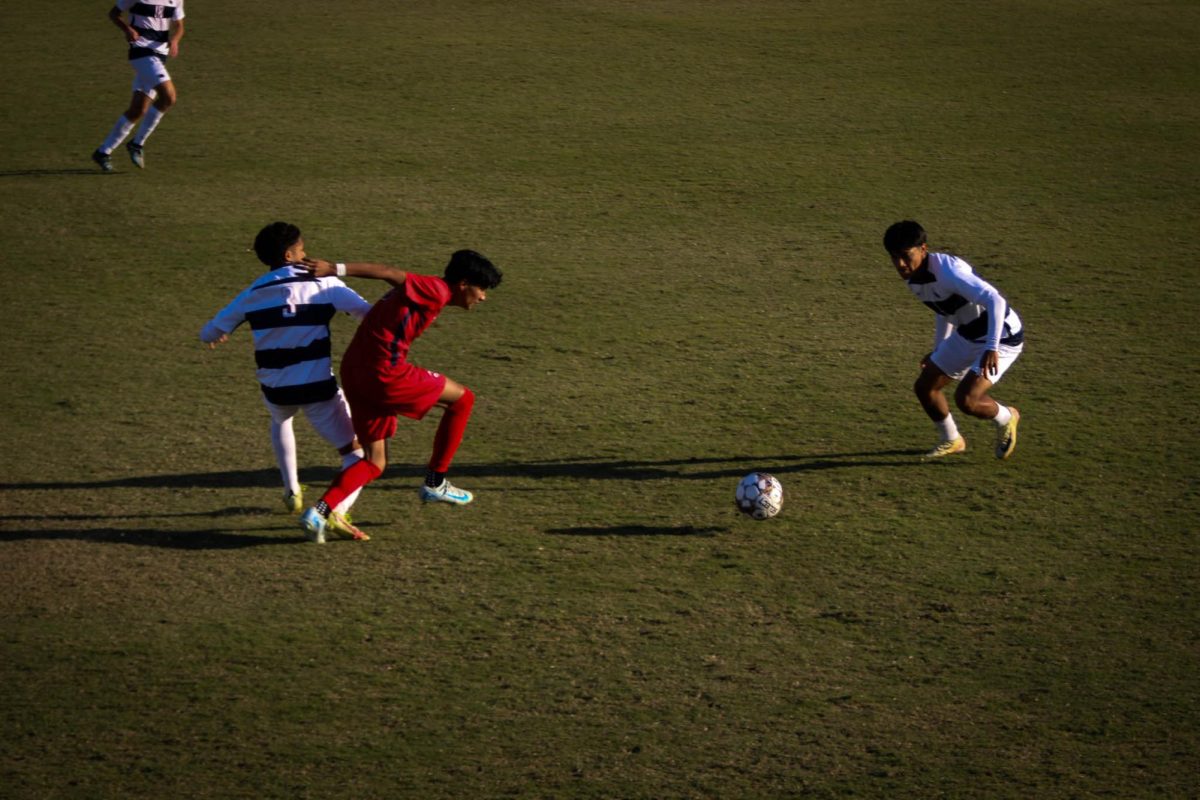When Russian president Vladimir Putin signed a law toward the end of June prohibiting nontraditional sexual relationships, the first question for many non-Russians was how it would affect the 2014 Winter Olympics in Sochi.
It’s been seven months since enacting the law and Russian leaders have held firm on their stance. No openly homosexual behavior or demonstration will be tolerated, and many Olympic athletes have spoken openly that they fear discrimination or violence.
The Current asked gay rights activists on campus and Russian students how they felt about Russia’s anti-gay stance.
Kristina Casper-Denman, adviser for Fierce, said, “On one hand of course, the whole purpose of the games is to celebrate diversity, respect, and talented competition. My opinion is that all of the GLBTQQIAPC athletes should go, prove they are amazing no matter what their gender or orientation, and fight the good fight, much like Jesse Owens competing when racism was rampant both here and in Germany.
“I will watch, I will cheer for all our athletes, and quite honestly, I really don’t care with whom they sleep. I am watching to see the best skier possible, and I also hope to learn about other cultures as I always do.”
Susan Howe, adviser for Fierce, said, “I am disappointed in the International Olympic Committee for choosing a country that does not value or support all of its citizens and those of other countries. That is not in the spirit of the Olympics as I understand them. I will, however, be watching the Olympics because there are many GLBTQA athletes and their families who have been working most of their lives for this moment of competition, and I want to support them and the other athletes in their efforts.
“The Olympics is a celebration of what is good in the world – personal and collective endeavor, sportsmanship, diligence and dreams. I want to support that. On the other hand, I hope that nobody will mistake my support of the 2014 Winter Olympics as a condoning of the IOC’s decisions, Putin’s policies, or the general attitude that ‘Russia does not have gay people.’”
Natalie Martynenko, a member of the Russian Orthodox Church, said, “Being gay is not like how it is here. They’re not open about it. It’s a no-no. It’s not considered okay to be gay and it wasn’t during the communist era … Super religious Russians aren’t really okay with it. Converts, former Catholics or Protestants or atheists are more okay with … For the most part, the Russians I know are not okay with it.”
Lilly Krib was born in Russia in 1985 when it was still part of the Soviet Union and immigrated to the U.S. in 1992.
“(Homosexuality) wasn’t something normal and it’s still frowned upon. Reactions are strong and forceful. I’ve never met a Russian who is really okay with it. They’re pretty strictly against it.”


